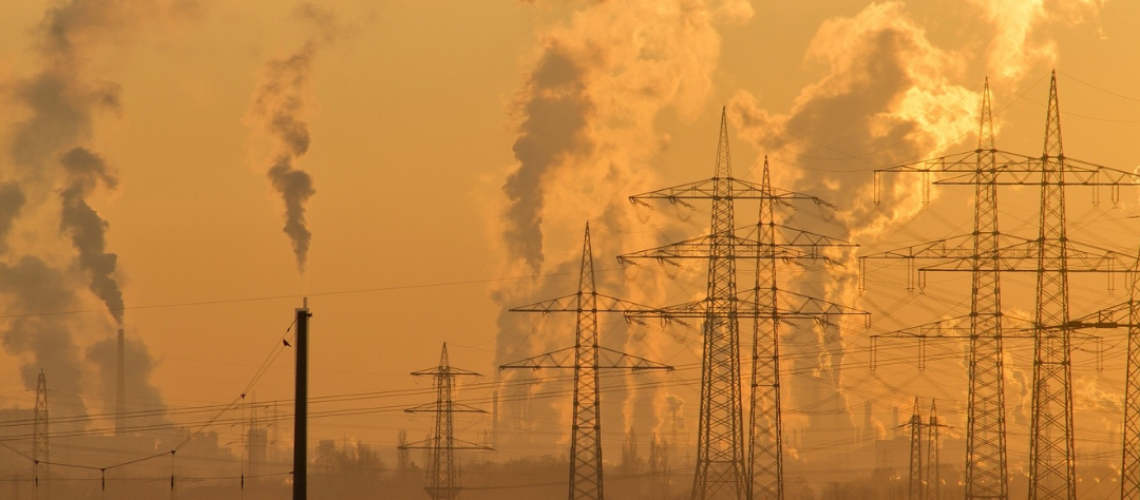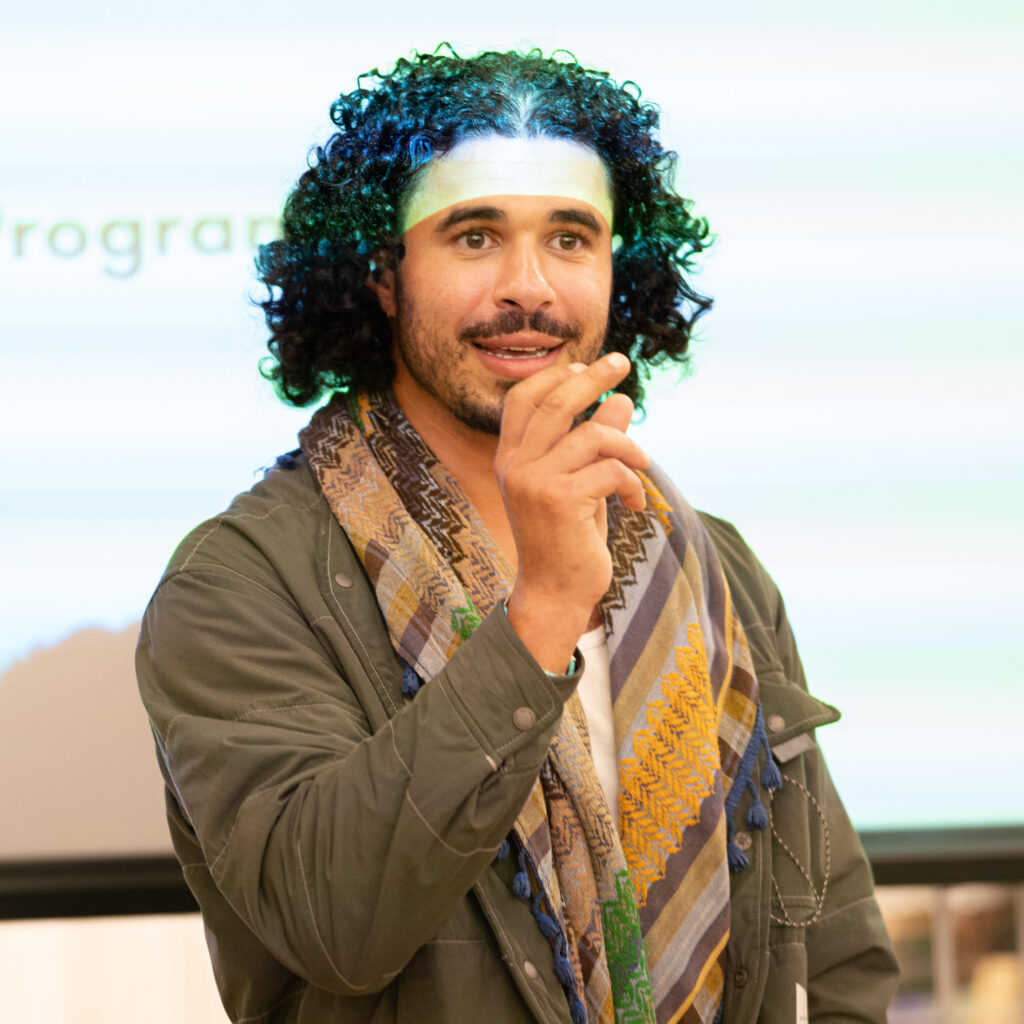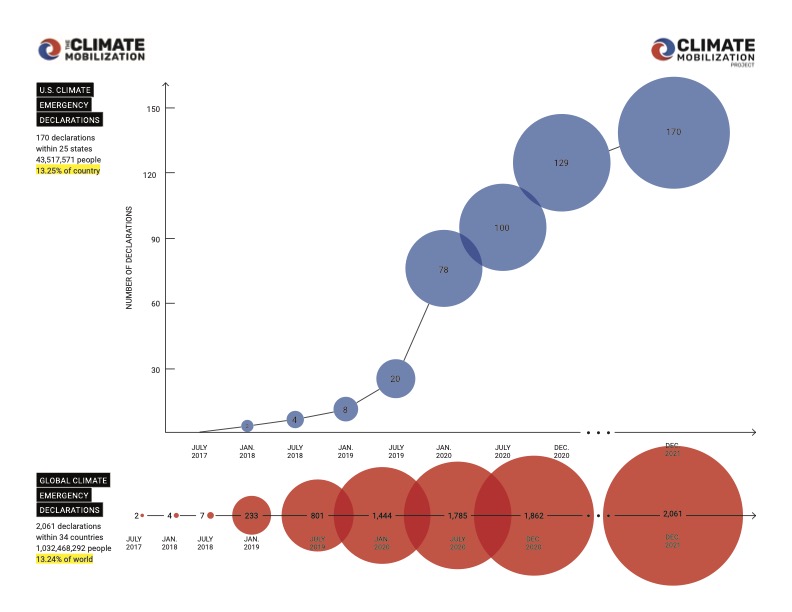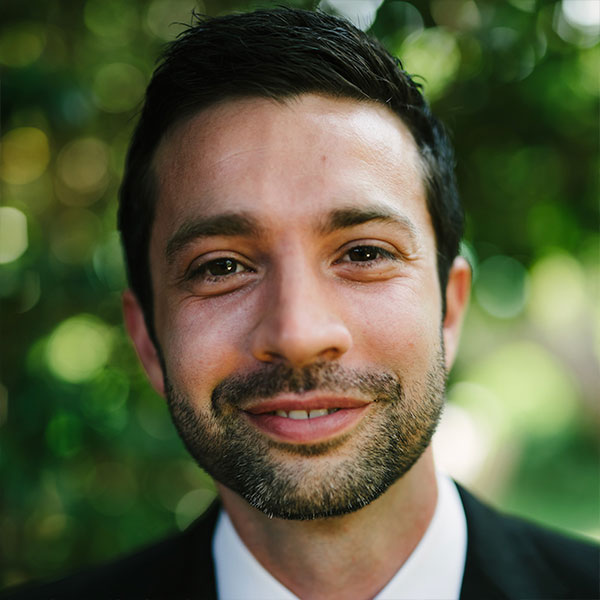The Inflation Reduction Act
Yesterday President Biden signed the Inflation Reduction Act into law, ushering in the largest US federal government investment in tackling the climate emergency, while simultaneously providing give-aways to the fossil fuel industry which will continue to warm the planet and harm marginalized communities. There is much more work to be done to counter the dangerous provisions of this bill, and to push for more action. Catastrophic warming is at our doorstep, and we cannot let our elected officials rest on the laurels of this bill, which provides only the smallest of first steps, rather than the kind of systemic change required.
Key successes and failings of the Inflation Reduction Act (Thank you to the Climate Justice Alliance for their analysis!):
Upsides:
- Funding through the IRA could aid state efforts to reduce emissions.
- A win for air quality. Millions of dollars are earmarked to reduce diesel emissions, reduce pollution surrounding schools, and to increase air quality monitoring in low-income communities.
- Block grants will be made available for community-led projects that reduce emissions in low-income areas.
Downsides:
- Rebates for home energy efficiency improvements may be meant to help low income households, but up-front costs will likely keep these upgrades out of reach.
- Appropriation language for upgrades to affordable housing is too broadly defined and may leave room for funding false solutions that do nothing to mitigate dangerous emissions.
- This bill does not slow down the fossil fuel industry in a direct way.
Dark-sides:
- Increases in fossil fuel production: Reinstating offshore oil and gas leases, giving oil and gas companies preferential access to leases.
- Tax credits for polluters who capture part of their pollution at the source, rather than incentives to lower overall production of harmful emissions.
Next Stop: Declare a Climate Emergency
After signing the Inflation Reduction Act, Biden’s next step must be declaring a national climate emergency, to use all of the tools at his disposal to radically reduce emissions, and ensure a safe, sustainable future for all. Declaring a national climate emergency can open up further avenues for supporting communities that have been bearing the brunt of pollution and extractive practices for decades.
During our webinar discussing a National Climate Emergency Declaration and other paths forward for climate action, we heard from Joye Braun, National Pipelines Campaign Organizer, Indigenous Environmental Network, Madeline Cruz of Housing and Climate Justice for Acton and Nohemi Palomino of Roseland Community Building Initiative — two successful local organizers growing the movement for a just transition to a zero-emissions economy — and moderator Michél Legendre, Climate Mobilization board member and longtime organizer.
You can watch a recording of the webinar here, and view our calls to action here.
Climate Progress in the news
Massachusetts has passed a historic climate bill of its own. Among the bill’s provisions is a requirement that by 2030 all new cars sold in the state will be zero-emissions vehicles. Most of the bill remains unfunded and awaits future funding measures to implement its provisions. This bill also allows 10 Massachusetts cities to get around the authority of a planning board which governs building codes in the state to ban fossil fuel hookups in new construction. The city of Boston is now seeking similar dispensation, hoping to enact a ban of its own.
Spain’s Prime Minister has announced a temporary measure to provide fare free transit on some train routes throughout that country to help ease inflation. The fare-free transit will be paid for by a new tax on fossil fuel companies and banks.
Macon, Georgia is experimenting with pop-up bike lanes to improve safety and accessibility for cycling in the city’s downtown.
Support this work
Can you make an investment in this critical work? Every donation helps us push for climate justice at emergency speed. Thank you for being a part of this movement!

















